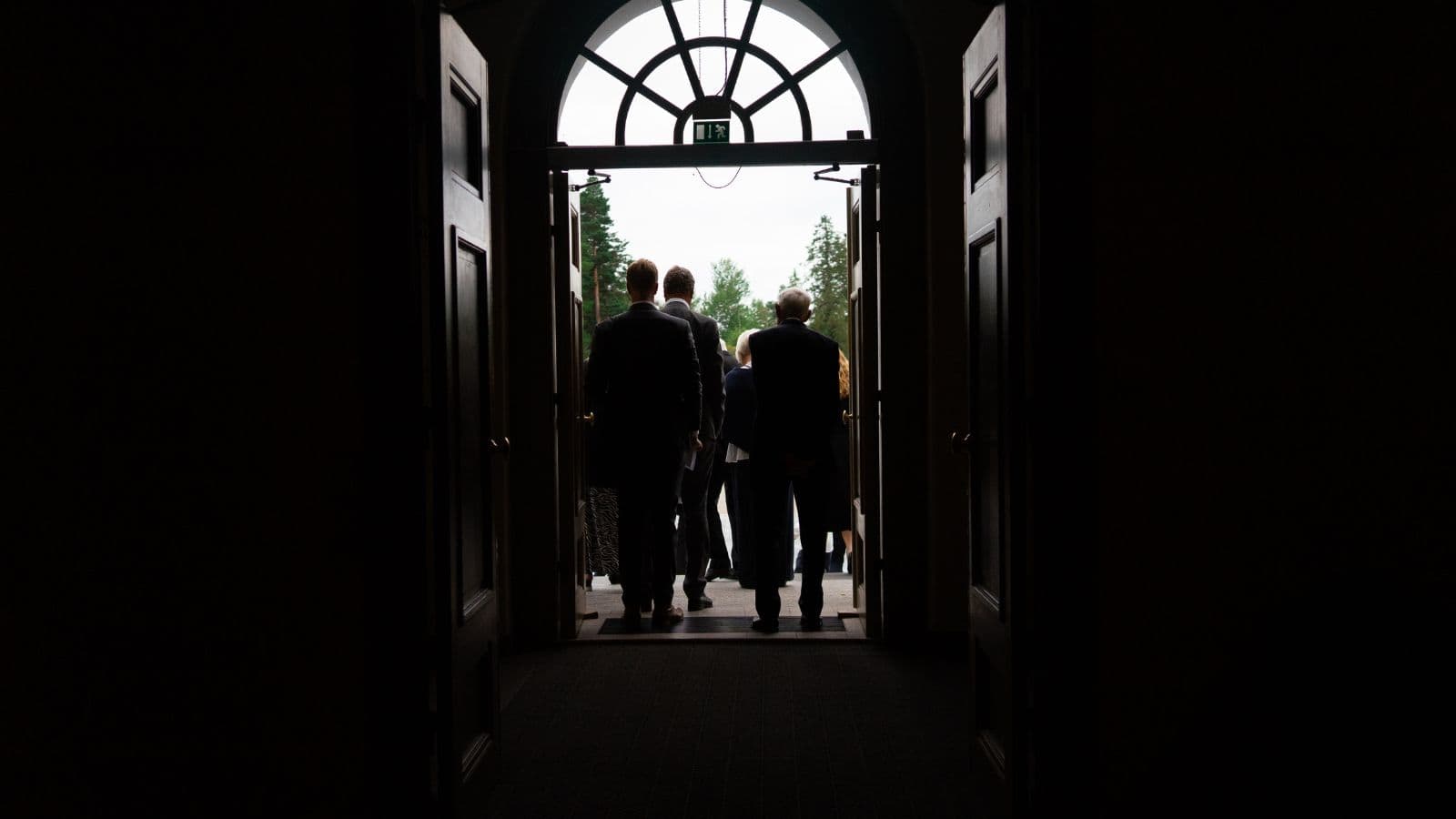Irreligion and atheism are rising in America, and church attendance is dropping. Christians sometimes are unaware of the different aspects of atheism and assume that atheists are actively against religion. These 19 things about atheism are often poorly understood.
The Role of Science in Atheism

Many atheists turn to science for explanations of natural phenomena because they can’t rely on a belief in God. They point to the Big Bang Theory and evolution as explanations for the origin of life on Earth.
Atheists and the Meaning of Life

Atheists live without the prospect of an afterlife and believe that life has no inherent purpose or meaning. In an opinion piece for Skeptic, Ralph Lewis argues that “the realization that life is fundamentally random is anxiety-provoking but liberates people from destructive, unfounded self-blame.”
Atheism in Different Cultures

Atheism is more accepted and prevalent in some cultures than it is in America. China is highly irreligious, and Europeans like British and Swedish people are more likely to be atheists or agnostics than their American counterparts.
Atheists and Spirituality

Some atheists engage in spiritual practices without a belief in God or other deities. Mindfulness, which comes from Buddhist, Hindu, and Tibetan traditions, is popular with atheists, and meditation is also commonly practiced.
The History of Atheism

Atheism is thousands of years old and can be found in early Indian philosophy and classical antiquity. In ancient Greek pre-Socratic philosophy, some argued that religion was a human reaction to natural phenomena. It became less popular in the Western world as Christianity spread but saw a resurgence in the Age of Enlightenment and has grown over the past century.
The Spectrum of Belief Among Atheists

Atheism includes a range of beliefs, including those who practice ancestor worship and others who believe in a soul, ghosts, or spirits. “Strong” atheists argue that no god exists, while “weak” atheists don’t believe in deities but don’t assert that they don’t exist.
Atheism and Morality

Some Christians assume that without the moral framework of the Bible, atheists are under no obligation to behave well. Atheists have strong moral frameworks that prize societal well-being and humanistic principles. Atheist Alliance International argues that “far from having no basis for moral values, [they] can base their values soundly on reason and science.”
Atheists in Politics

Most American presidents have identified as Protestant, and none have openly identified as atheists. Moshe Dayan, Nick Clegg, and Aléxis Tsípras are notable atheist politicians from Israel, Britain, and Greece, respectively, but nearly all American politicians remain religious.
Atheists’ Views on Death and the Afterlife

Atheists generally don’t believe in an afterlife or reincarnation, or the Christian notion of heaven and hell. Some believe in a kind of continuation, but most accept that death is a natural part of life that marks its end.
Raising Children as Atheists

Atheist parents often emphasize critical thinking and curiosity and value ethical behavior in their children. Many also expose their children to various religious beliefs to allow them to make their own decisions about faith.
Misconceptions About Atheists’ Attitudes Towards Religion

Not all atheists view religion and its role in society negatively. According to the Pew Research Center, “41% of atheists say religion helps society by giving people meaning and purpose in their lives, and 33% say it encourages people to treat others well.”
Common Stereotypes About Atheists

Atheists are often unfairly stereotyped as callous, immoral people who lack values or as dismissive of religious people. These misconceptions can lead to a negative stigma surrounding atheists, so it’s important for Christians to understand what they believe.
The Concept of Atheism Is Diverse

Christians often misunderstand or oversimplify atheism, conflating it with agnosticism. American Atheists explains that it’s “a rejection of the assertion that there are gods” and “not a disbelief in gods or a denial of gods; it is a lack of belief in gods.”
The Legal Rights of Atheists

The First Amendment affords the same rights to atheists as it does to religious individuals. Atheists aren’t forced into participating in government-sponsored religion and aren’t required to pray in school.
Community and Support Networks for Atheists

Atheists can find community through secular organizations like American Atheists. This can provide a sense of belonging and shared values, similar to being a church congregation member for a Christian.
Atheists’ Contributions to Society

Atheists, including Albert Einstein, Mark Twain, Steve Jobs, and John Lennon, have made significant contributions to society. Charles Darwin, for example, significantly contributed to the modern understanding of evolution.
The Relationship Between Atheism and Agnosticism

There’s some overlap between agnosticism and atheism, but unlike atheists, agnostics are uncertain about the existence of deities. The dictionary explains, “Agnostics assert that it’s impossible to know how the universe was created and whether or not divine beings exist.”
The Difference Between Atheism and Anti-Theism

Atheism is often confused with anti-theism, an opposition to religion. Atheists are indifferent to religion, and many aren’t anti-theists. Anti-theists actively critique and challenge religious beliefs and institutions.
Atheism and Mental Health

Some studies have shown that secular individuals have lower levels of anxiety, paranoia, compulsion, and obsession than their religious counterparts. However, atheists can struggle with mental health, especially if they feel they lack a support network.
Up Next: 19 American Foods that Are Not Allowed in Other Countries

We can debate all day about who has the safest food supply in the world. Though, I’d bet you would be surprised at how many everyday American foods are banned in other countries. Most are due to chemical additives and pesticides, which, in places like the EU, cannot be approved for use unless proven safe. Let’s take a look at 19 of them.
19 American Foods that Are Not Allowed in Other Countries
19 Things That Will Happen When You Stop Drinking Alcohol

Whether you identify as an alcoholic or a casual drinker, alcohol can have a significant negative impact on your health. This is why more and more people are choosing to go cold turkey for the sake of their well-being. If you’re considering going sober but need a little more convincing, we’ve got you covered. Here are 19 things that will happen when you stop drinking alcohol.
19 Things That Will Happen When You Stop Drinking Alcohol
17 Things Guests Actually Notice Right Away About Your House

Inviting people into your home is a big deal. You may be very house-proud or house-conscious, and if you are either, you’ll likely get anxious about hosting. If this sounds like you, stop worrying and focus on the following 17 things that guests actually notice right away about your house.
17 THINGS GUESTS ACTUALLY NOTICE RIGHT AWAY ABOUT YOUR HOUSE
